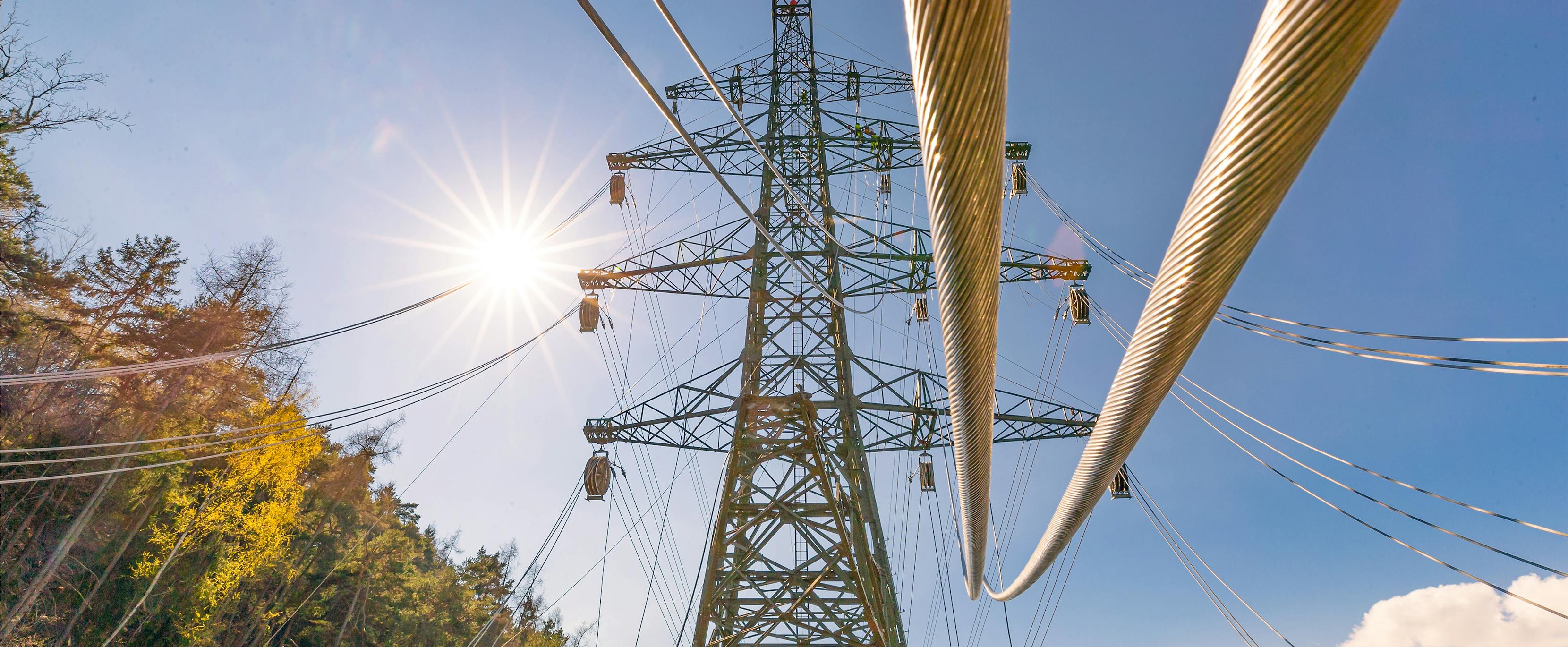
It’s that time of year again. Those hot summer days when we find ourselves sweating from every pore, when our clothes cling to our skin and our hair sticks to our neck. When the air feels hot and stuffy, and the sun burns our skin. When we long to be able to spend the whole day in an air-conditioned room.
It’s not just the people in Switzerland who feel this way. In southern countries such as Italy, air-conditioning is already so widespread that it causes electricity consumption to rocket in the summer. In Switzerland, on the other hand, a heat wave has no significant impact on the management of the extra-high-voltage grid. In principle, the grid load during the summer is actually lower than in the winter. As a result, Swissgrid does not need to take any specific precautions for the summer or for potential heat waves.
In Switzerland, a heat wave has no significant impact on the management of the extra-high-voltage grid.
The long hours of summer sunshine have an impact on electricity generation: photovoltaic plants produce more electrical energy. Solar energy does not simply flow into the extra-high-voltage grid, however, but is stored at lower grid levels, where it is often used again. Consequently, the electricity from photovoltaic plants is not injected directly into the Swissgrid grid. This means that the extra-high-voltage grid is only affected to a limited extent by the higher amounts of electricity generated by photovoltaic plants in the summer.
We humans are not the only ones to feel the heat – the high temperatures are perceptible on various elements of the extra-high-voltage grid. When carrying out grid calculations, Swissgrid therefore takes into account the varying loadability of the grid elements in line with seasonal requirements. This is not only true in the summer, but also regardless of heat waves or cold spells.



